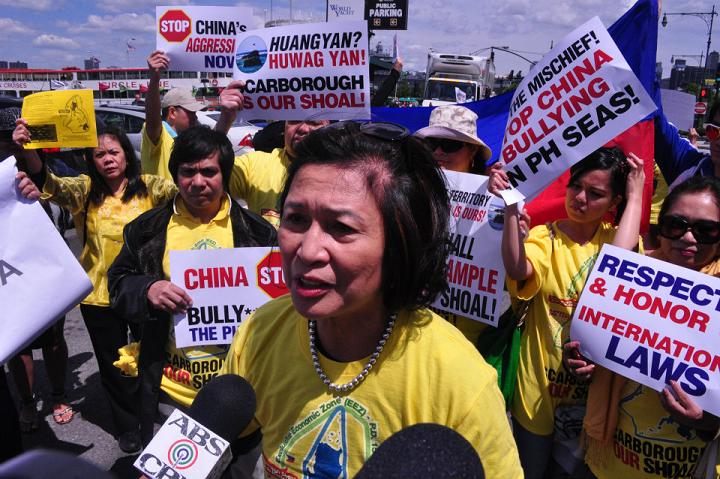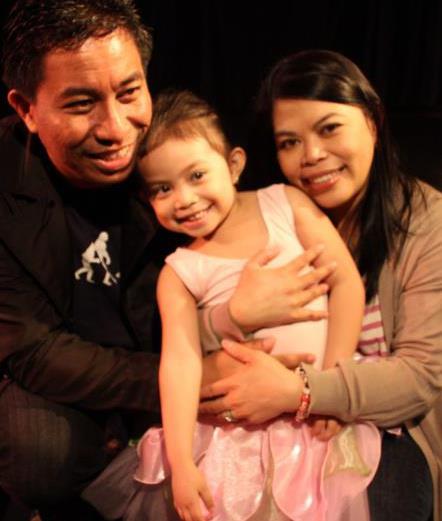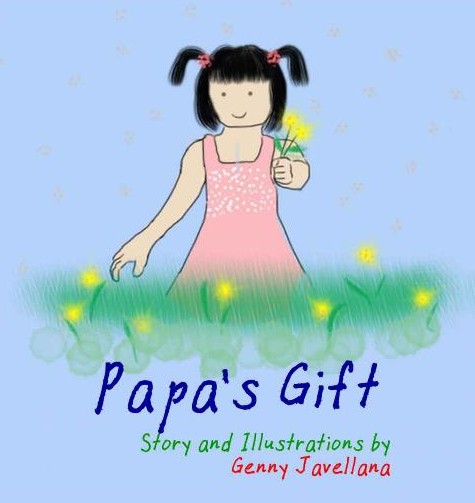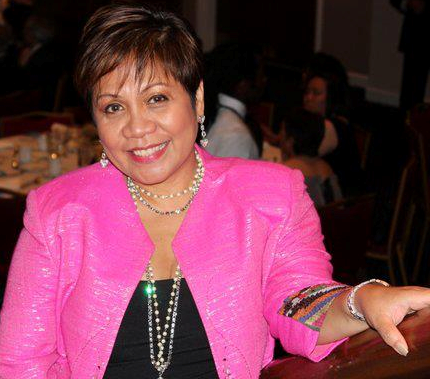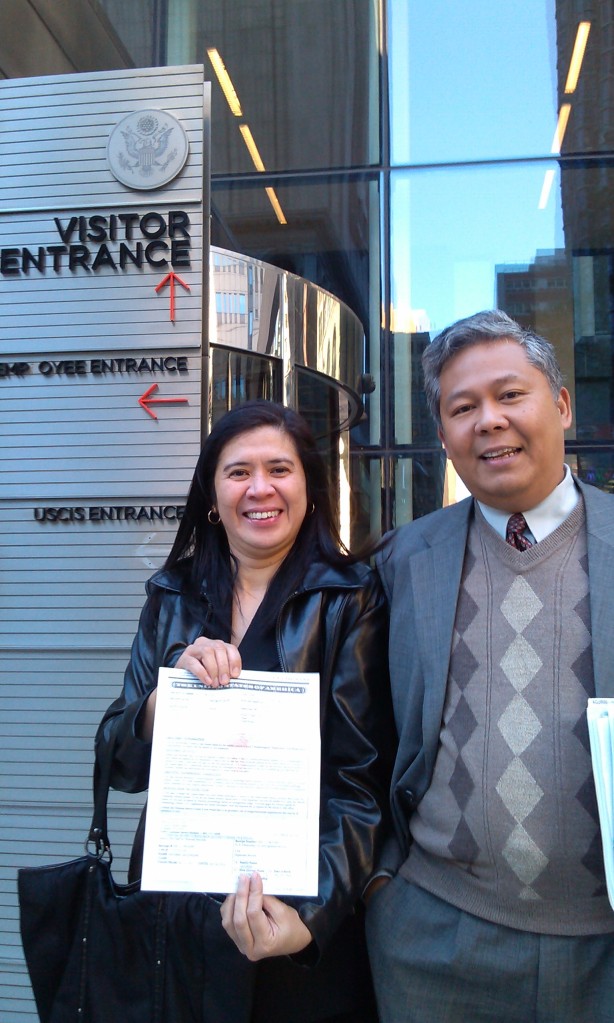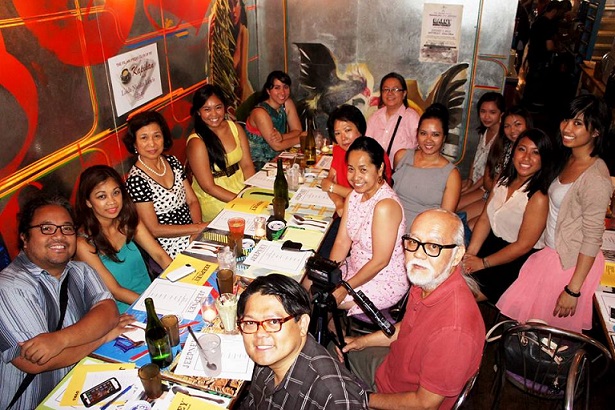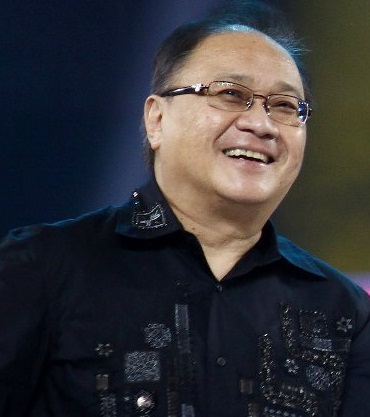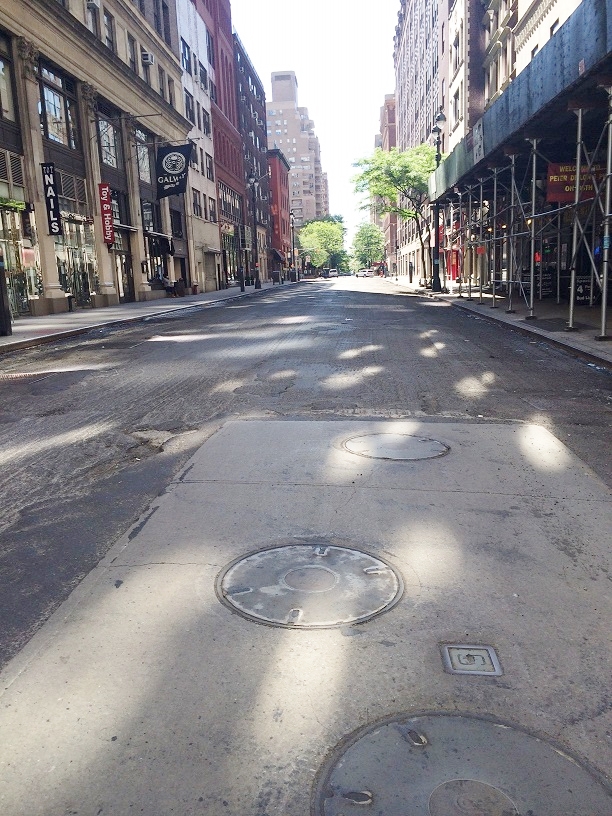Remembering Tito Danny, the cool uncle I lost to AIDS
By Pamela K. Santos“You may say I’m a dreamer / But I’m not the only one / I hope someday you’ll join us / And the world will be as one.” — John Lennon
November 30 is my birthday. When I was a kid, a cousin told me November 30th was Bonifacio Day, a holiday in the Philippines honoring the revolutionary hero Andres Bonifacio. Cool, I said. (Or rad. I don’t know. I was 8 so chances are 50/50 I said cool or rad. Definitely not radical.)
It is also the day before World AIDS Day. Ever since I lost my uncle, I never forgot that odd alignment of dates following one another in the calendar. Yesterday, Secretary Hillary Clinton released the PEPFAR Blueprint for an AIDS-free generation. She spoke of an AIDS-free generation being within reach and uniting skeptics and believers in this roadmap to a better future.
I was born in the ’80s so I don’t know what it was like to live in a world without AIDS. I grew up with AIDS; AIDS and HIV are roughly the same age as I am.
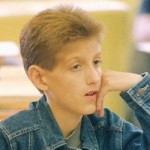
Ryan White, the Indiana boy who was expelled from school and shunned by his community after he was infected with AIDS from a blood transfusion.
Beyond pop culture, AIDS was buying condoms before losing my virginity. AIDS was walking for GMHC and getting tested for HIV once I became sexually active. From 1998 and on, AIDS was the hole in my heart where my Tito Danny used to live.
It was real and vicious, pernicious, ugly, and an established fact of the world. I had hope that could change but in some far-off future where hoverboards and robot housekeepers awaited us. I don’t know what it is like to dream of an AIDS-free generation, let alone imagine “getting to zero” happening in my lifetime. AIDS, HIV, death — these are things you don’t dream about changing. They just are.
My Tito Danny was a dreamer. He was a nomad, a scholar of the world, and above all, a kind soul. I lost him in 1998 to AIDS, when I was 17. I didn’t have a lot of time with him since I grew up in New York and he was based in Rotterdam when he wasn’t on one of his many sojourns around the world. He was my hero when I was growing up but somehow, in his passing, he impacted my life more than anything had up until that point. Not until the birth of my son would someone’s presence (or absence) affect me so profoundly. It’s no surprise that my son’s middle name is Danilo.
I’m a dreamer, too. I’d like to think that I was born a dreamer and it was only by sheer serendipity that I happened to be born into a family with a kindred soul. My parents are lovely people. My grandparents, the same. And yet, by some absurd flip of the genetic coin, a long line of pragmatists and hard-line realists begat … Ta-da! Me.
Maybe the universe wanted to make sure I wasn’t an outcast in my own family. That would explain the inexplicable bond I felt with my father’s younger brother. I don’t remember the time he spent with me as a baby. I found out much later he was my first ninong (godfather) in my unofficial baptism. My parents wanted to travel with me but Filipino superstitions demanded that newborns be baptized for protection. Months later, I got the traditional long, embroidered Christening gown and requisite set of 12 godparents. Out of all of them, my uncle was probably the closest I had to a guiding influence and he wasn’t even in the church forms.
One year he visited me when I was just some sheltered kid in a Queens suburb. Here he was, my cool uncle from Europe. He was shorter than my dad, who is already short at 5′ 7″. With his big smile and ’80s gigantic glasses he completely blew me away with his easy sophistication. He took me around Rockefeller Center and places in the city I had only heard about from movies. (My parents rarely ventured away from Chinatown.) When he left with his trio of 6-foot-tall Dutch traveling mates, I missed him so much that we became pen pals for years until his death.
He was the epitome of the cool uncle or aunt who you turn to when you can’t talk to your parents. I was stuck in the body of the classic Asian American over-achiever getting straight A’s, but with the mind of an adventurer who wanted to spend the summers with her gypsy uncle and take a year off before college. Growing up in New York with our wave of Filipino professionals from the ’70s, the only adults in my family circle worked in hospitals and married before 30. The most cultural thing I could expect to hear from them is how they saw Les Miz on Broadway. By sharp contrast, Tito Danny’s letters and photos showed all the world of true bon vivant. There he was, this single intellectual living the bohemian jet-setter lifestyle in Egypt, the Netherlands, India and beyond, and here I was, little old me, related by blood to him.
One time, after watching the old Adam West “Batman” show, I announced to my mother that I wanted to be an actress. She told the 6-year-old me nonchalantly as she continued ironing, “But there aren’t any Asian actresses on TV. Pick something else.”
I did. Teacher, businesswoman, lawyer, environmentalist (one semester in the 7th grade) — all careers I tried on in my head. My uncle was the only one who knew my secret dreams of traveling the world, helping people when I could, but mostly learning about people different from me. He wasn’t a casual tourist. He lived with indigenous groups for months at a time, learned countless languages and histories of oppressed minorities, all the while instilling in me a sense of global citizenship.
When I saw him for the last time in December 1997, the Santos family had reunited in my lola’s Quezon City house for the holidays. Tito Danny’s head was shaved and as small-statured as I remembered him from pictures, he seemed so much “less” of himself in person. Same big smile was there. One time I caught a drop of sadness in the corner of his eyes, but he hid it away as best he could. I was so happy to spend time with him, since I fancied myself an adult and wanted to brag about what little I knew of the world. We talked about the people displaced by Mount Pinatubo’s volcanic eruption. I told him about my school clubs. As usual, I planned to visit him in Rotterdam because I figured it was about time for my parents to give me permission as a teenager to travel alone. I was still dreaming back then, you see.
It all changed the night my mom took me aside for a midnight talk. My mother was and still is tight-lipped about most things. She rarely talked to me about feelings or things that weren’t grounded in practical matters like school or health. This time, she told me how she noticed all the medication bottles my uncle had, the same meds as her patients in the hospital intensive care unit. All I knew about my mother’s job was that she was a nurse who worked nights; I found out that some of her patients had AIDS. She basically outed my uncle as possibly suffering from AIDS. Oh, and she also outed him as a gay man.
To continue, please visit TheBody.com, where this essay originally appeared.
Pamela K. Santos is a dreamer, a fighter, a do-gooder and a proud comics geek. Send birthday wishes and World AIDS Day news to her on Twitter @pamelaksantos.

